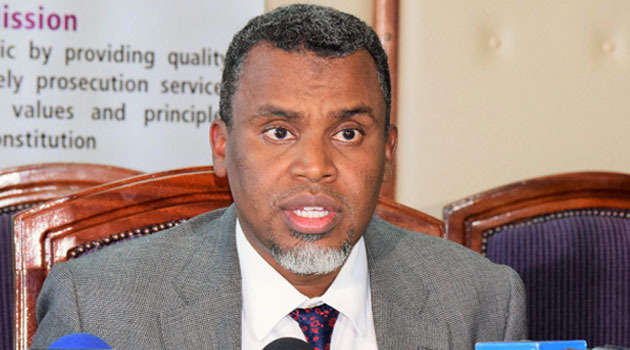National Intelligence Service (NIS) Director General Noordin Haji has called on Parliament to fully fund Kenya’s security organs, warning that persistent budget shortfalls could jeopardize national defense efforts. Speaking before the National Assembly Committee on Defence, Foreign Relations and Intelligence, chaired by Belgut MP Nelson Koech, Haji emphasized the urgent need for enhanced financial support to ensure the effectiveness of the country’s security infrastructure.
Haji stressed that Kenya’s security agencies are critical in protecting the nation’s sovereignty and stability. He noted that although the NIS continues to offer timely intelligence to safeguard Kenyans, frontline agencies that depend on this intelligence must be adequately resourced to counter modern security threats such as terrorism, cyber warfare, and transnational crime.
“The security organs need to be fully funded to effectively execute their defense, intelligence, and national security responsibilities,” he told lawmakers during the committee session reviewing the NIS’s 2025/2026 budget estimates.
The NIS chief highlighted the growing risk posed by misinformation and disinformation, warning that such threats can destabilize the country if not countered by robust and well-funded security mechanisms. He urged the government to invest sufficiently in national security infrastructure to enhance resilience against both conventional and emerging threats.
In a significant departure from past tradition, Haji was transparent about the agency’s finances, indicating a shift toward greater accountability. He disclosed that while the NIS had requested Sh65 billion for the 2024/2025 financial year, it was only allocated Sh51 billion—falling short by Sh14 billion.
According to Haji, closing this funding gap is critical for the agency to carry out its strategic operations effectively and ensure the country remains prepared in an increasingly volatile global security environment.
The parliamentary committee is now expected to deliberate further on the proposed budget as part of broader national fiscal planning. Haji’s appeal adds to growing calls for prioritizing national security in budget allocations, especially amid evolving global and domestic threats.

